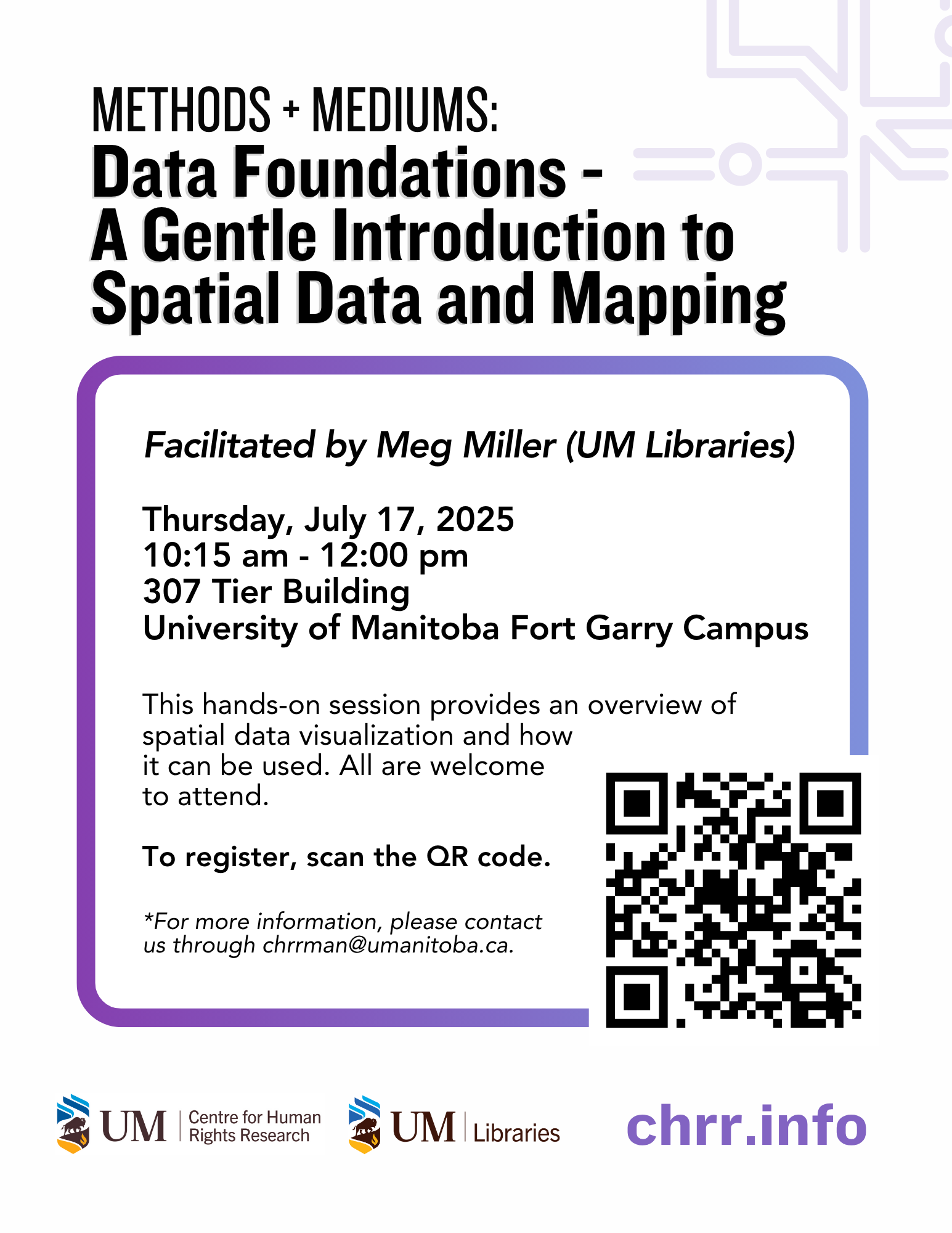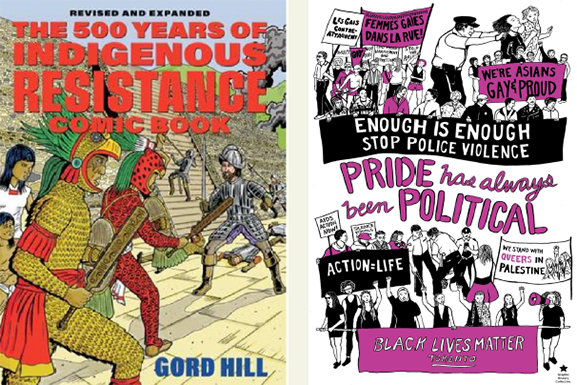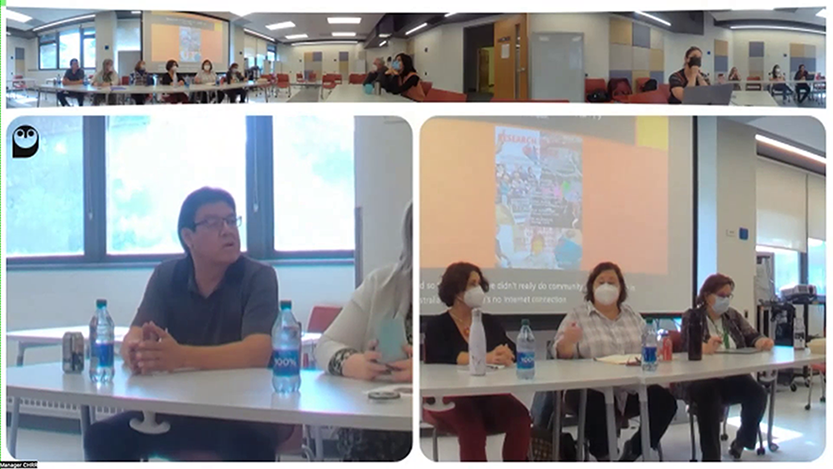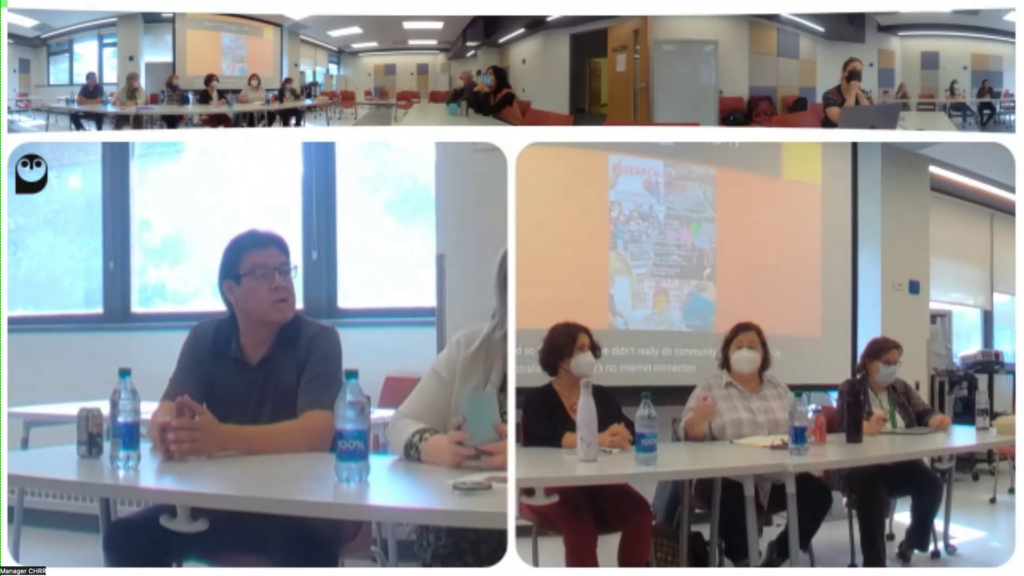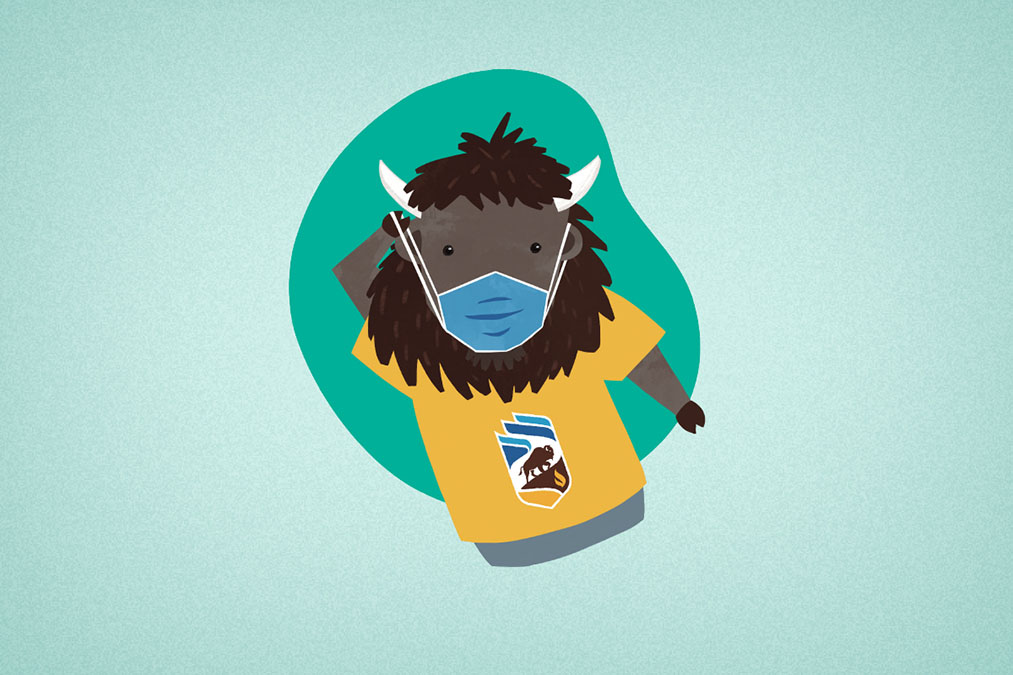Join us for a workshop with Meg Miller (GIS & Research Visualization Librarian) on a gentle introduction to spatial data and mapping. The workshop will be on Thursday, July 17 at 10:15 am-12:00 pm in 307 Tier Building, Fort Garry Campus – University of Manitoba.
This hands-on session provides an overview of spatial data visualization and how it can be used. Attendees will compare various software and data types, become familiar with popular processes that can be used to map data as well as considerations for symbology. The discussion will be centred on visualizing researcher data and include a hands-on exercise creating a personal map.
By the end of this workshop participants will:
- Gain an overview of spatial data types and software
- List popular use cases for this type of analysis as well as data considerations
- Learn considerations to visually encode a data set
- Create a personal map using basic sewing techniques
This workshop is a part of CHRR’s Methods and Mediums workshop series which explores different research methodologies and ways to publish research within human rights and social justice.
All are welcome to attend. Light refreshments will be served. For information on getting to the University of Manitoba, visit https://umanitoba.ca/about-um/our-campuses/getting-here. For more information, email us at chrrman@umanitoba.ca.
About the Presenter
